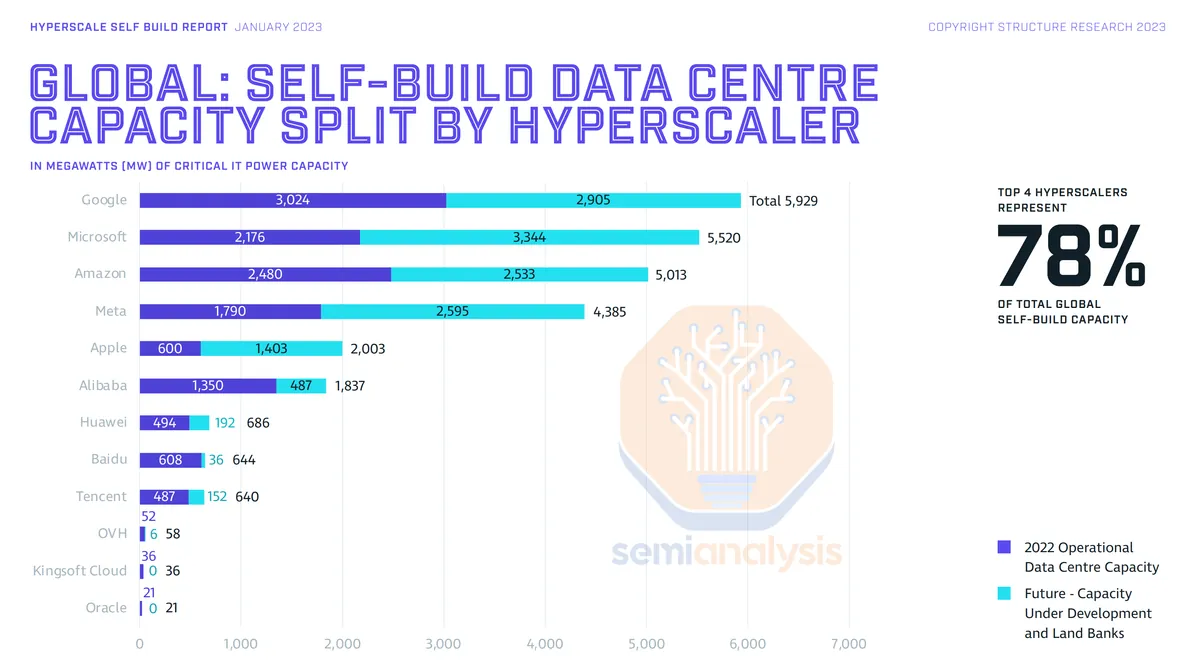U.S. Race for AGI Supremacy: A National Imperative
The next U.S. presidential term could see AGI development, revolutionizing society. Government support in data, infrastructure, and workforce is crucial for responsible U.S.-led AGI creation, ensuring global benefits.

The potential development of Artificial General Intelligence (AGI) during the next U.S. presidential term (2025-2029) presents a pivotal moment in human history. This advanced form of AI, capable of matching or surpassing human cognitive abilities, could revolutionize various sectors and significantly impact national security.
The race for AGI supremacy is not merely a technological competition but a strategic imperative for the United States. John McCarthy, who coined the term "artificial intelligence" in 1956, might not have envisioned the current pace of progress. Since the creation of the first AI program, the Logic Theorist, in 1955 by Allen Newell and Herbert A. Simon, the field has seen remarkable advancements.
To ensure responsible AGI development, the U.S. government must play a crucial role in supporting private sector efforts. This support should focus on several key areas:
- Data access and management
- Infrastructure development
- Energy resources
- High-performance computing
- Workforce development
The U.S. National Security Commission on Artificial Intelligence, established by Congress in 2018, provides a blueprint for a new AGI-focused commission. This body should coordinate efforts across academia, government, and business to accelerate AGI development in the United States.

Data accessibility is a critical challenge. While more data has been created in the past three years than in all of human history, harnessing this information for AGI development requires government intervention. Creating a national register of large datasets and developing incentives for data sharing, while respecting privacy and intellectual property rights, is essential.
Energy demands for AGI development will be substantial. Consider that a single ChatGPT query requires ten times the energy of a Google search. To address this, investments in renewable energy technologies and energy-efficient computing are crucial.
Workforce development is another vital component. The U.S. must expand AI education programs from K-12 through professional development and attract global talent through reformed immigration policies. The Human Brain Project, launched in 2013 to simulate a complete human brain, demonstrates the scale of expertise required for such ambitious AI projects.
International collaboration will be necessary, but must be approached strategically. The U.S. should designate tiers of partner countries based on security standards and shared values. Simultaneously, strict export controls and sanctions should be applied to countries whose values do not align with democracies, particularly China.
Regulation of AGI development is essential but must be balanced to avoid stifling innovation. A tiered regulatory system, applying varied oversight based on a model's capabilities and risks, could be more effective than the European Union's approach, which imposes limits on model scale and power.
"Within thirty years, we will have the technological means to create superhuman intelligence. Shortly after, the human era will be ended."
Public engagement is crucial for democratic acceptance of AGI. The next U.S. president should establish a Citizens AI Council to provide public input on AGI policy decisions. This approach, combined with AI literacy programs, can help address current public skepticism about AI's impact on society.
As we stand on the brink of a potential AGI revolution, the United States must lead its development to ensure it benefits humanity. The challenges are immense, but so are the potential rewards. From the first AI winter to the current AI spring, the journey has been long. Now, with concerted effort and strategic planning, the U.S. can guide the world into a new era of unprecedented technological advancement and societal progress.


































